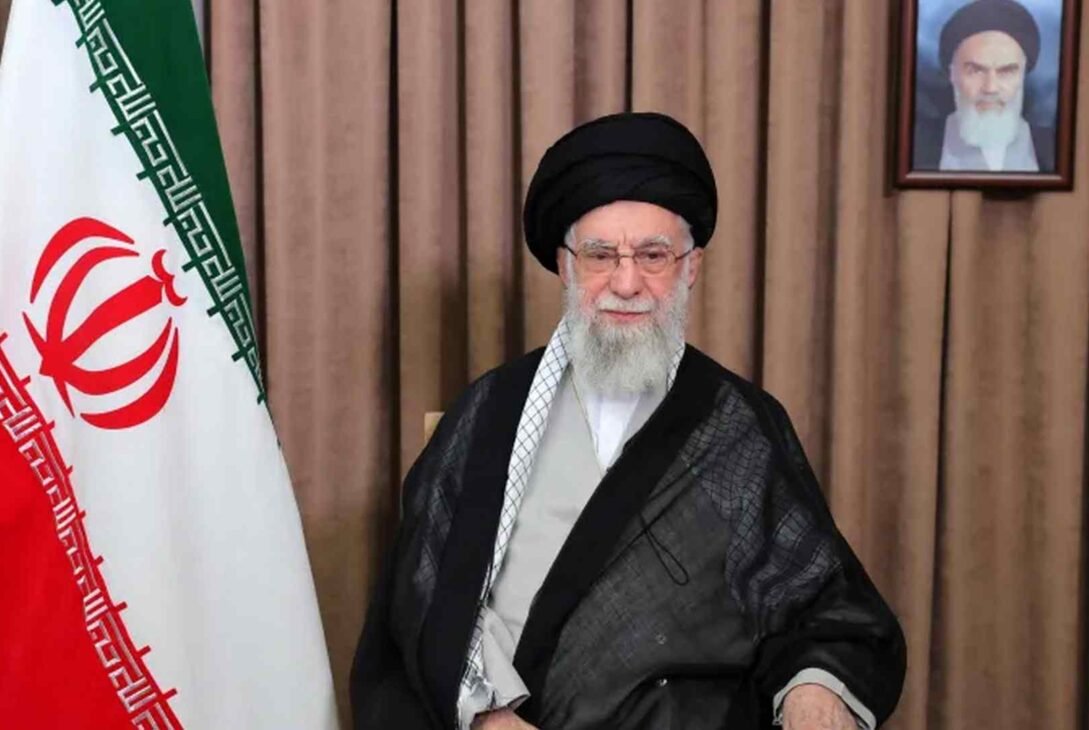How Tehran’s Hard-Liners Undermined Iran’s Regional Power and Deterrence
How Iran Lost Its Strategic Edge: A Shift in Middle East Power | The Foreign Affairs
How Tehran’s Hard-Liners Undermined Iran’s Regional Power and Deterrence
For decades, Iran built a reputation as a powerful player in the Middle East—backing proxy forces, challenging the West, and projecting influence from Lebanon to Iraq. But now, many experts believe Iran is losing its strategic grip on the region. So, what changed?
A History of Influence—Now Unraveling
Iran’s strategy since the 1980s has centered on deterrence and regional reach. From supporting Hezbollah in Lebanon to empowering militias in Syria, Iraq, and Yemen, Tehran created a network of influence that helped shield it from direct attacks and expand its power.
But today, that web of influence is fraying. Iran’s key regional allies are weaker. Its reputation is damaged. And its deterrence capabilities—once feared—are being openly challenged.
The October 7 Backfire
One turning point came after Hamas’s attack on Israel on October 7, 2023. While Iran wasn’t directly involved, its support for Hamas placed it under the global spotlight. The backlash was swift:
- Israel launched major strikes on Iran-backed targets in Syria and Lebanon
- The U.S. and other Western powers rallied support for Israel
- Gulf Arab states grew more cautious about ties with Iran
Instead of gaining power, Iran lost global sympathy and strategic flexibility.
Deterrence No Longer Works
In the past, Iran’s enemies hesitated to strike, fearing retaliation. That fear is fading.
- Israel attacked deep inside Syria without major consequences
- The U.S. launched strikes on Iran-backed militias with little pushback
- Iran’s usual tactic—“gray zone warfare” through proxies—is proving less effective
Now, even countries like Saudi Arabia and the UAE are exploring peace deals with Israel, undermining Iran’s anti-Israel narrative.
Internal Politics: Hard-Liners Take Over
A big reason for Iran’s shrinking power? Its own leadership.
- Hard-liners have pushed out moderates
- Diplomatic options have vanished
- The regime prioritizes ideology over strategy
This has isolated Iran, limiting its ability to negotiate, adapt, or rebuild regional alliances.
The Consequences of Isolation
Iran’s overreliance on its Axis of Resistance—militant groups across the region—has turned from an asset to a liability. Instead of inspiring fear, this alliance now invites retaliation and scrutiny.
Meanwhile, Iran’s economy is struggling, and public discontent is rising. Without flexibility or strong allies, Iran risks becoming less relevant in Middle East geopolitics.
Conclusion: A Decline in Real Power
Once a feared strategist in regional warfare, Iran is now seen as vulnerable, inflexible, and overextended. While it hasn’t lost all its tools—like influence in Iraq or Hezbollah’s reach in Lebanon—it’s clear the balance of power is shifting.
As Tehran’s hard-liners tighten their grip, they may be sacrificing Iran’s long-term security for short-term ideology.









